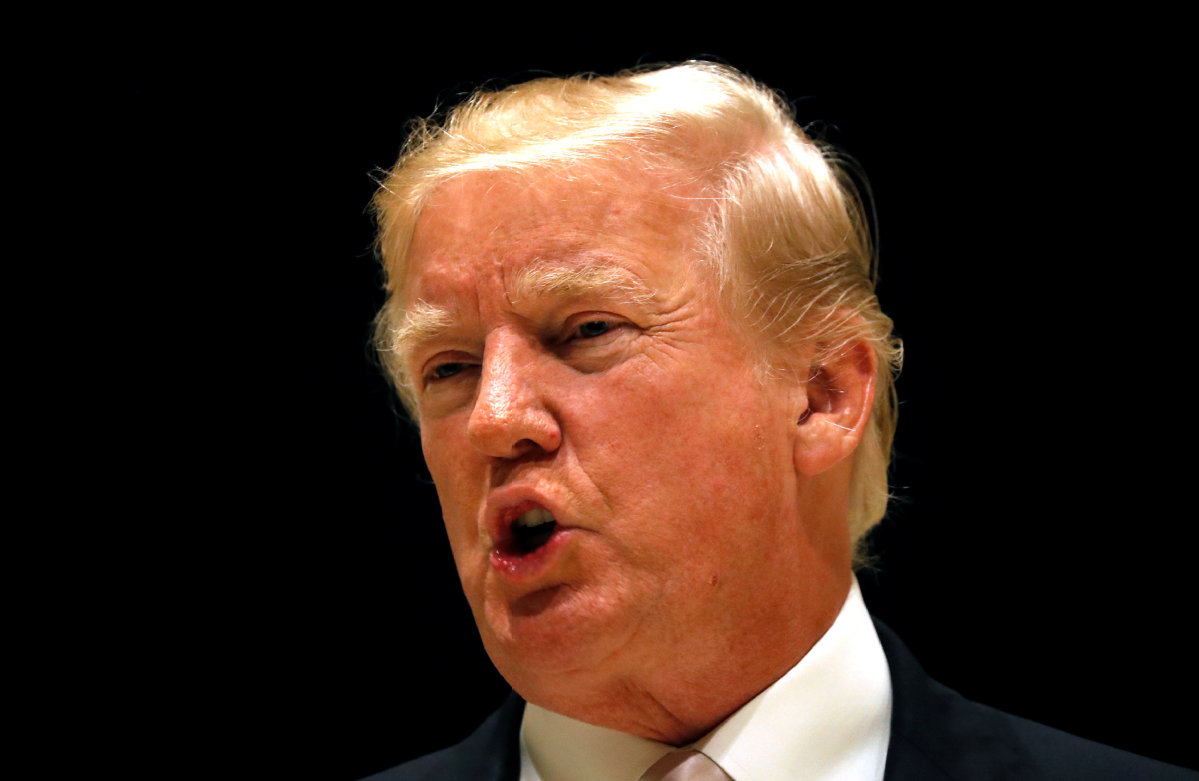Digital Iron Curtain shows US' Cold War mindset
chinadaily.com.cn | Updated: 2018-01-29 20:58

US President Donald Trump will deliver his State of the Union address on Tuesday, which according to a media briefing by a senior official will harp on the now familiar refrain of what his administration is doing to build “a safe, strong, and proud America”.
One of the things the Trump administration seems to be considering doing, according to a memo and PowerPoint presentation produced by a senior National Security Council official and obtained by US news website Axios, is taking responsibility for building a super-fast 5G wireless network, to counter what it presupposes is a threat posed by China to US “cyber security and economic security”.
The ideologically charged proposal harks back to the rhetoric — and strategies — of the Cold War. It even contains the suggestion that the work on a secure 5G network could be exported to emerging markets to “protect democratic allies against China” and to “help inoculate developing countries against Chinese neo-colonial behavior”.
But as well as simply exposing the US’ growing apprehension about China’s technological capabilities and the change in strategy being pursued by the Trump administration, which seems to be taking the form of controlled confrontation, its clichés presenting China as a “malicious actor” come across as simply a means to pave the way for more protectionist measures against Chinese technology hoping to gain a foothold in the US market.
5G, the author of the document states, “can position the United States to leap ahead of global competitors” and “promises benefits for American commerce”.
But such claims and the smearing of Chinese companies are a pea-and-shell game intended to fool Americans into believing the US can recreate its glory days of undisputed technological leadership. Previous US probes into Chinese telecom companies Huawei and ZTE on charges they provide a backdoor for espionage and threaten critical US infrastructure have never been backed up with anything to support the claims.
The planned nationalization of this historically private sector would be unprecedented, given that currently it is the wireless carriers in the US that each build their own systems with their equipment. How it might erode an American culture that trumpets free market rules and laissez-faire capitalism as the cornerstone of robust business and commerce activities remains to be seen.
Certainly the claim it will protect Americans from having their conversations overheard seems unlikely, since the American government is the only one known to have a penchant for listening in, usually in a bid to gain economic advantages, rather than out of security concerns.
What the proposal does do is put into stark relief the growing unease the US feels at the competition resulting from China’s technological progress. However, containing its own anxieties rather than seeking to contain China would be of more benefit to itself and the world.
























